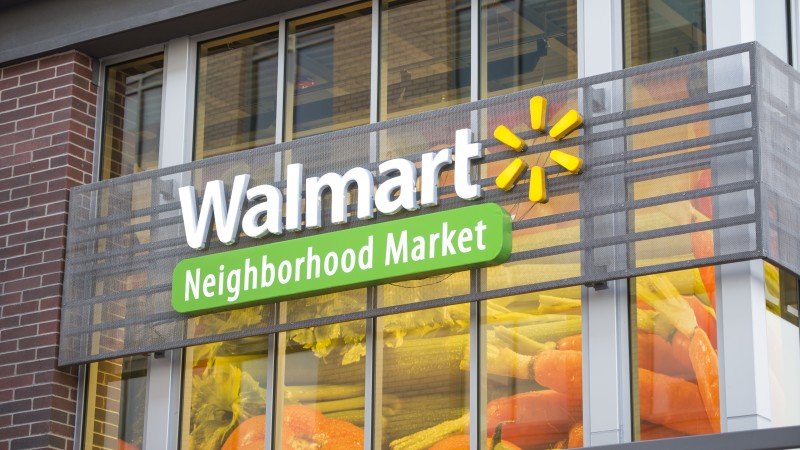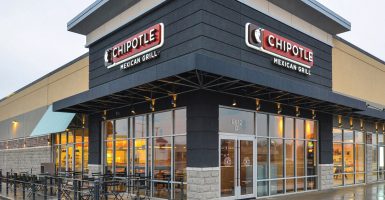Walmart Is About To Get Even More Affordable, Here’s How
Walmart has begun promoting its own private-label products as a way for consumers to combat ever-increasing prices for name-brand products.
This article is more than 2 years old

Sam Walton, who started the ubiquitous and affordable American store Walmart, built his brand by always giving customers what they wanted, which was low prices. Eggs, toothpaste, and detergent are just some of the common household staples whose costs have doubled or even quadrupled this past year, hitting Americans where it hurts financially: in their wallets. As a result, shoppers are increasingly turning to cheap retailers like Walmart and Sam’s Club in search of bargains.
Walmart, ever the champion of the consumer, wants to keep delivering those sought-after bargains. According to a recent report published by NBC, Walmart Inc. has sent a strong message to major packaged item manufacturers, saying it will no longer tolerate price increases and will instead promote its own private-label products as more cost-effective alternatives to suppliers’ name-brand goods. “We’re trying to figure out with our (dry grocery and consumables) suppliers, what could we do that’s different that would help mitigate some of those costs?” Walmart CEO Doug McMillon said this at an investor conference in December.
“Exceed your customer’s expectations.” If you do, they’ll come back over and over again. “Give them what they want—and a little more.” Sam Walton
Walmart’s newest endeavor to lower prices and boost value stems from the company’s continuing efforts to optimize its supply chain and decrease expenses. Last February, Walmart launched a new initiative dubbed “Built for Better,” which seeks to assist suppliers in lowering their environmental impact and increasing the efficiency of their operations.
Additionally, Walmart’s private-label possibilities are expanding. Private-label products are those sold under the store’s name as opposed to a well-known brand. Walmart can control the cost and quality of its private label products by producing more of them, resulting in lower prices for customers.
The corporation has also stated that it is looking into alternative delivery methods, such as deploying drones and self-driving cars to carry things to clients. By lowering the cost of shipping, Walmart may be able to lower the price of items as a whole, which could mean lower prices for customers.
While Walmart’s attempts to lower costs and boost value may be good news for customers, it’s important to remember that these programs may have unintended consequences. For example, reducing the need for human labor could lead to job losses. Depending on the technology, it could also make the supply chain more susceptible to cyberattacks or other disruptions.
Furthermore, some buyers may be wary about private label items, which are frequently perceived as being of lower quality than well-known brands. Walmart will have to convince customers that its own-brand products are just as good as or even better than the brand-name products they are used to buying.
Walmart’s new cost-cutting and value-added strategy is a positive step forward for customers who are always looking for the best deals. Walmart plans to stay ahead of the competition by leveraging technology, working with suppliers, and expanding its private-label offerings.







